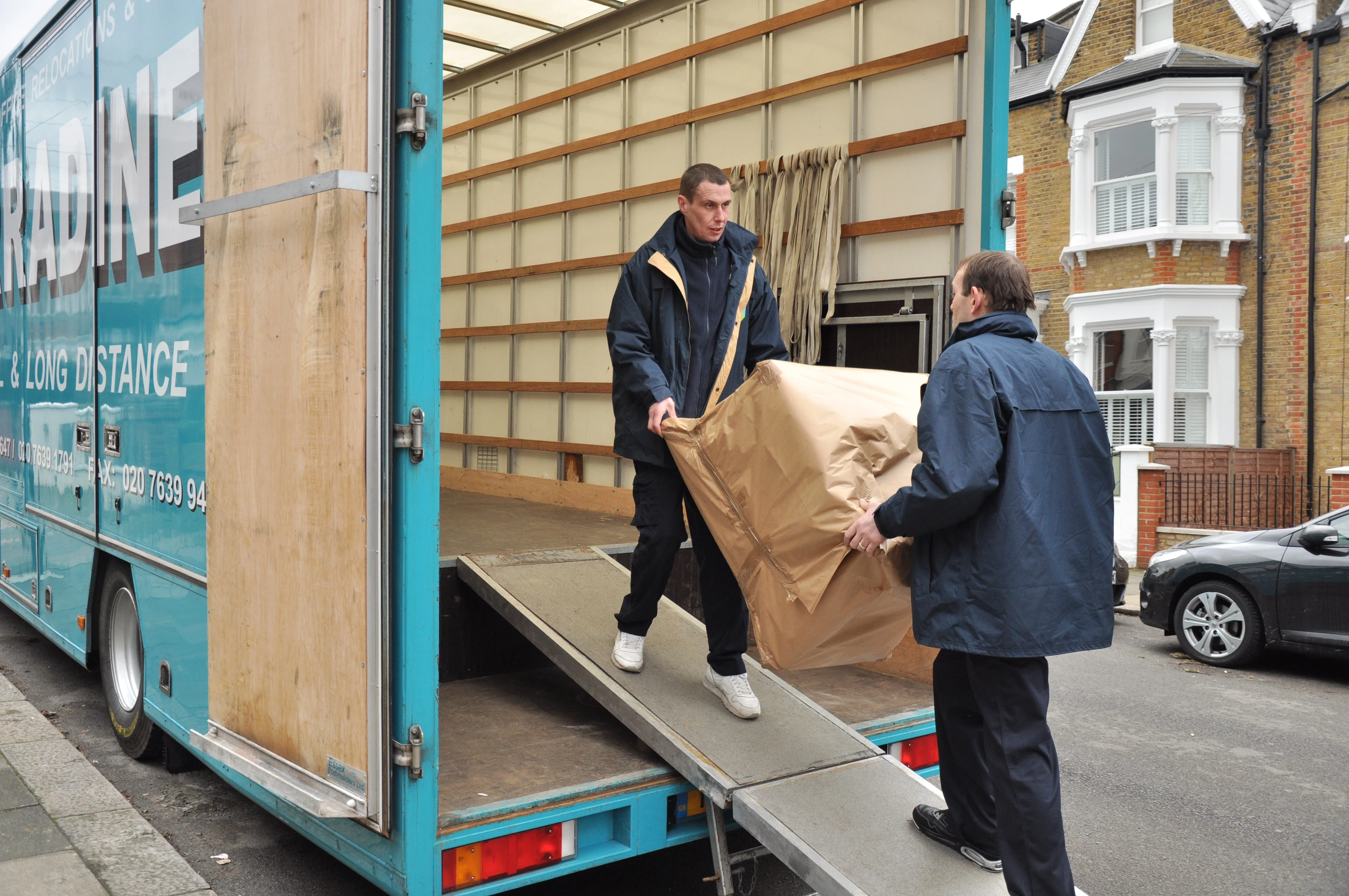Why the use of Unique Property Reference Numbers (UPRNs) could revolutionise the property industry Momentum continues to grow for the implementation of UPRNs across the residential property sector. UPRNs are the unique 12-digit number that is allocated to every address in the UK and that helps to identify and collate data such as surveys, searches and Energy Performance Certificates (EPCs). UPRNs are administered by GeoPlace, a public sector body formed in partnership with the Local Government Association (LGA) and Ordnance Survey, that collects relevant information from individual local authorities. UPRNs are now widely used by local authorities as a way of referencing and sharing address information about properties and have been likened to car number plates, national insurance numbers and indeed, passports.
Not surprisingly, the appeal of a system that stores all of a property's information in one place has not been lost on the property industry, where its potential to speed up conveyancing and boost sales, while at the same time benefitting buyers, sellers and tenants, is being hailed as future game changer.



